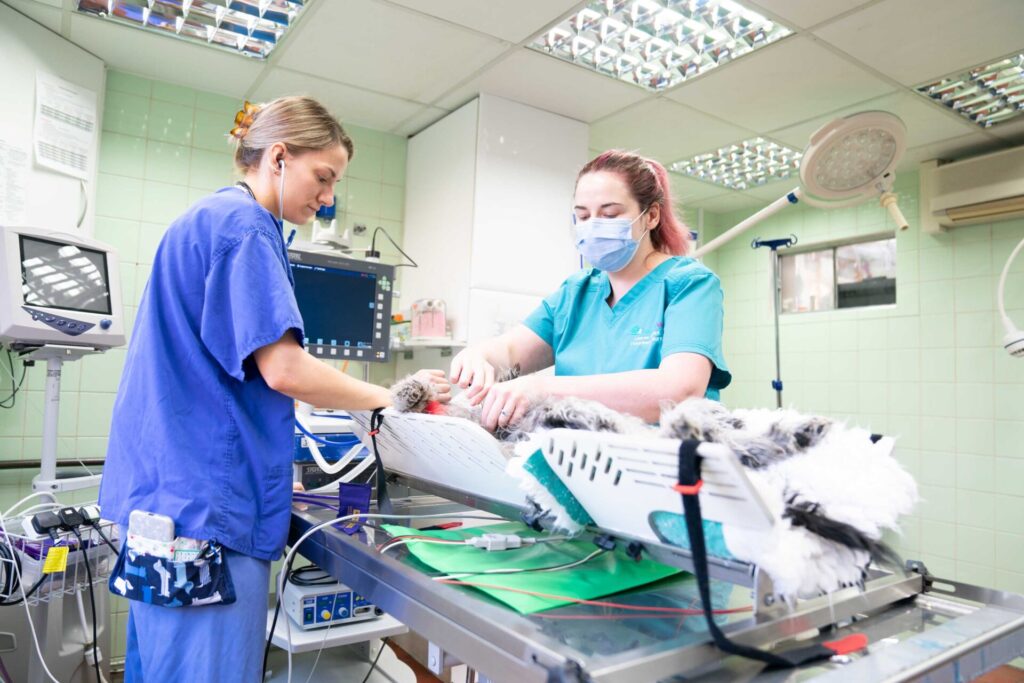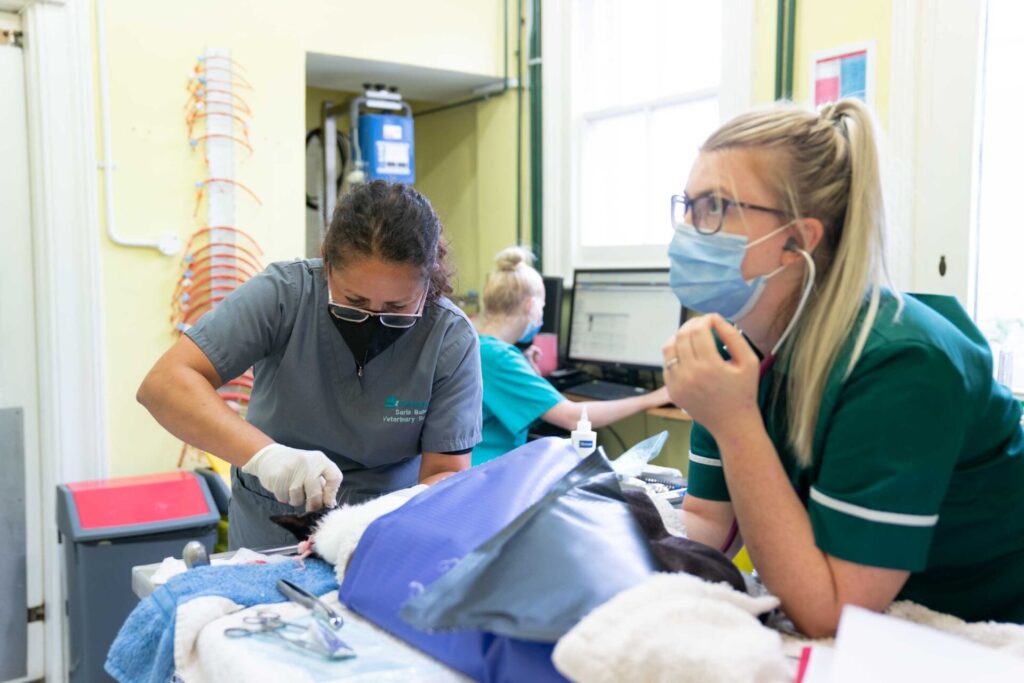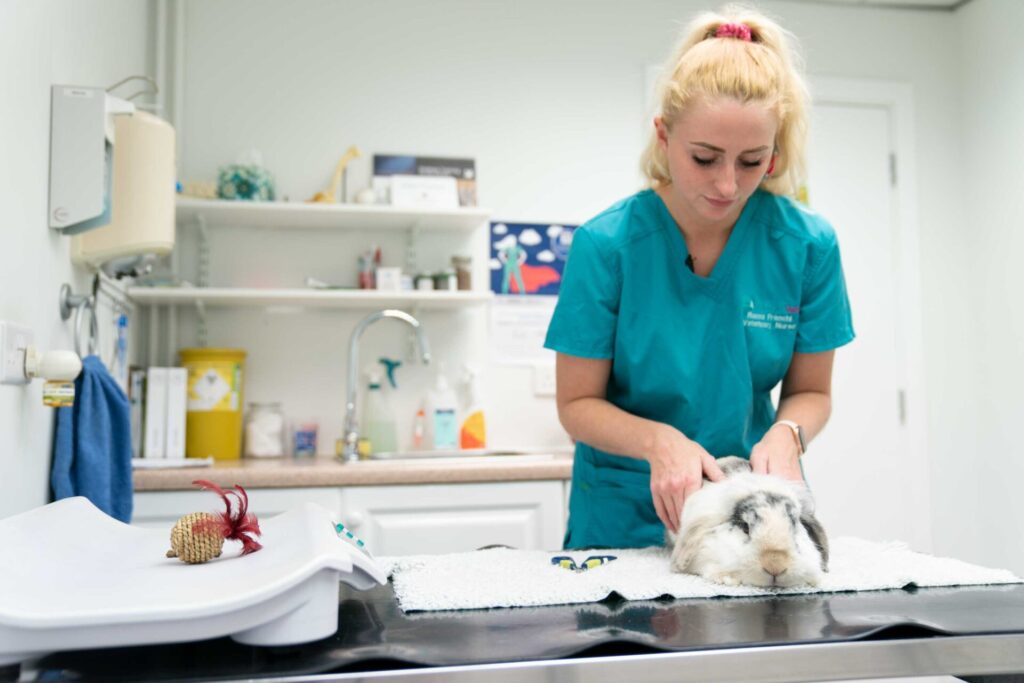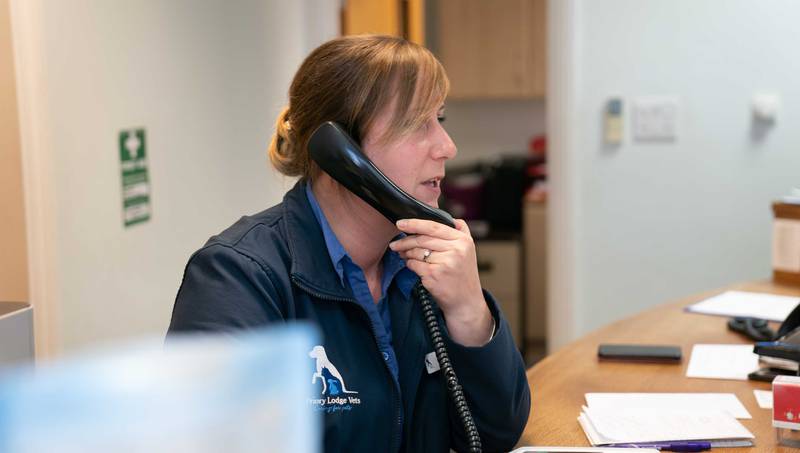Pennard Vets
Neutering
Spays and castration: Neutering services for pets
What is neutering?
Neutering is the surgical removal of a pet’s reproductive organs, and is recommended for all pets that are not intended to be bred from, due to the societal, health and behavioural benefits.
Spaying refers to neutering in female animals, and involves the removal of the ovaries and uterus. Castration refers to neutering in male animals, and involves the removal of the testicles.
Animal charities are busier than ever supporting pets without homes, and it is our responsibility to prevent our pets from adding to the population if and where possible.
Both spaying and castration are routine procedures from which our pets generally recover swiftly and without complication. We can also offer laparoscopic spaying – spaying performed using keyhole surgery – for most female dogs, which further decreases recovery time.
Featured Team Member
Available Practices
We are delighted to be able to offer neutering, spaying and castrating at the above branches. We appreciate that this might mean a journey from your usual site but we can assure you the level of service is just the same and the team will be delighted to look after you.
Neutering in dogs
Why do we spay bitches?
In most breeds we recommend spaying at six months, before your dog comes into season for the first time. However, this can differ for individual cases, so speak to your vet to come up with a plan tailored to your pet.
The benefits of spaying include:
Why do we castrate dogs?
Again, we generally recommend that male dogs are castrated at six months, but you can make an individual plan for your pet with your vet.
Benefits of castration include:
We have also found that castrating a dog can encourage behavioural change such as a reduction in aggression and territorial marking. However, this isn’t always the case and castration should not be seen as the solution. If you are concerned about your dog’s behaviour, please make an appointment with one of our nurses for a behaviour clinic.


Neutering in cats
Why do we spay female cats?
As with dogs, while we recommend that your cat should be neutered at four to six months of age, we are happy to discuss individual cases with owners.
Cats will see much the same health benefits as dogs from the procedure, with the reduction in risk of cancers. They are also less likely to spray, scent mark and vocalise around your home – all behaviours associated with reproduction.
Outdoor cats are also less likely to roam far from home, which can help to keep them safe, decreasing the chance that they get lost or have problems with traffic.
Neutering in rabbits
Unneutered female rabbits have a high chance of developing uterine tumours as they age, so getting your rabbit spayed is important for their long-term health.
Neutering can take place from 12 weeks for male rabbits, and six months for females.
It is important that rabbits live in groups, as otherwise they can quickly become lonely and depressed, but unneutered rabbits will breed, even if they are related.
Due to this, neutering is important for rabbits’ welfare, allowing them to live safely and happily together without unwanted breeding, or any of the aggressive behaviour that can be associated with rabbit reproduction.

Our Services include
Small animals only
cats, dogs, rabbits, guinea pigs etc
Diagnostic imaging
Dental services
Pet passports
24-Hour Emergency
Care and hospitalisation
Vet and nurse consultations
FREE puppy parties
held by our qualified nurses
Pet Health Club
Hydrotherapy
Access to expert referrals
Nurse Clinics
Surgical services
Microchipping
Laboratory services
Animal Health Certificate
Euthanasia services
Cattery


